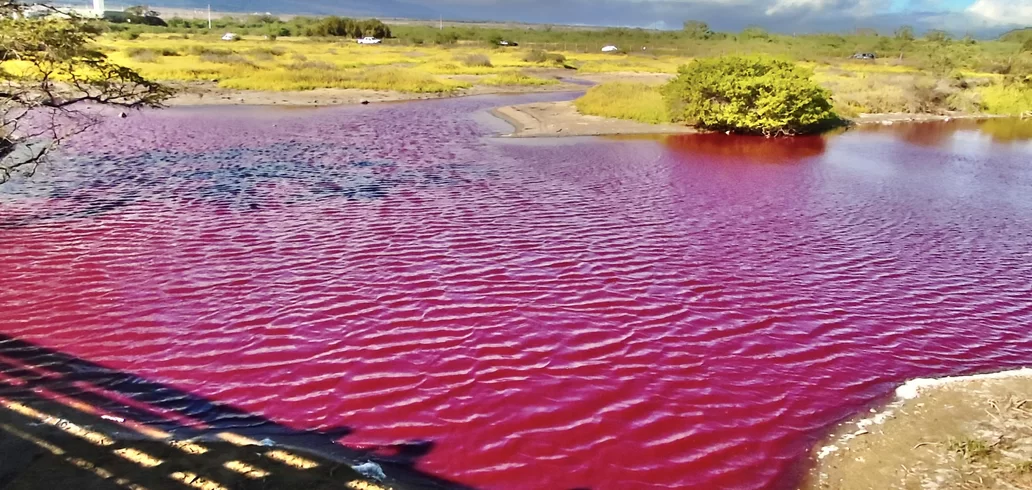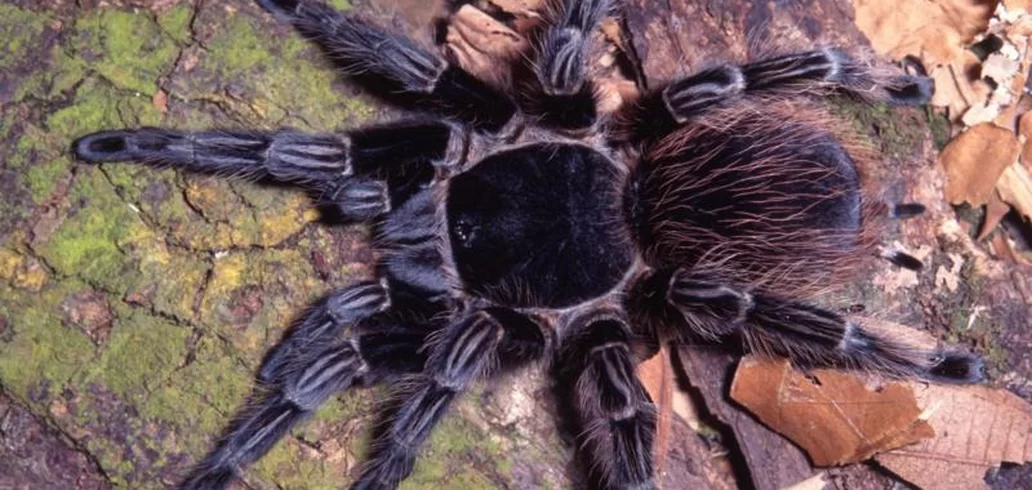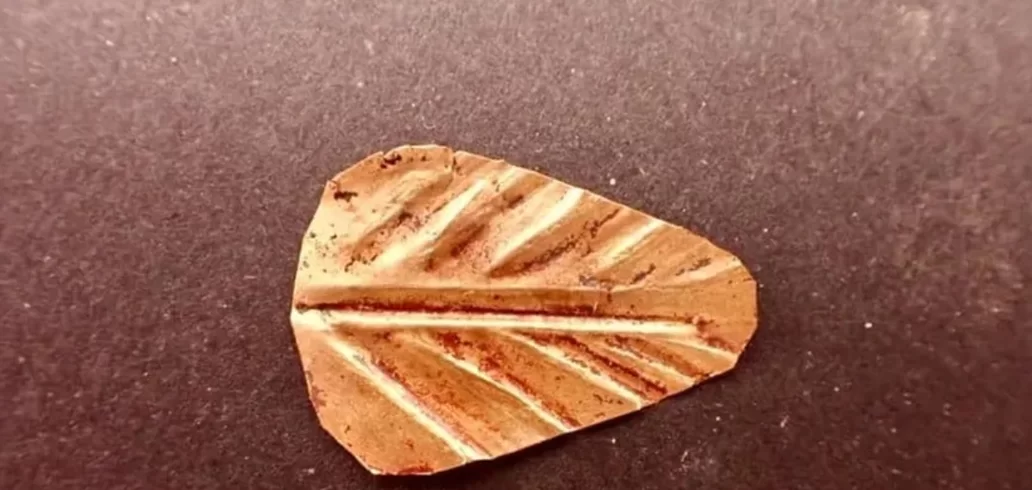Health
Pollution affects moths’ ability to smell flowers, study finds
Understand how pollution impairs moths' ability to smell flowers, according to a recent study.
Advertisement
Impacts of air pollution on pollination
Air pollution can have a number of negative impacts on pollination, affecting both pollinators and the plants that depend on them. Here are some of the main impacts:
1. **Changes in pollinator orientation and navigation:** Air pollutants such as ozone and particulate matter can interfere with the visual and olfactory cues used by pollinating insects, such as bees and butterflies, to find flowers. This can result in reduced pollination effectiveness.
2. **Reduced pollinator longevity:** Prolonged exposure to air pollution can reduce the longevity of pollinators, decreasing their ability to effectively pollinate over time.
3. **Decreased nectar quality:** Air pollution can contaminate flower nectar, making it less attractive or even toxic to pollinators. This can lead to a reduction in pollinator visits to flowers and, consequently, in the pollination rate.
4. **Impacts on plant reproduction:** Air pollution can harm plant reproduction by reducing the number of pollinators that visit them. This can result in lower seed and fruit production, affecting the viability of plant populations.
5. **Community imbalance:** If certain pollinator species are more sensitive to air pollution than others, this can lead to changes in the composition and abundance of pollinator communities, affecting the diversity and stability of ecosystems.
These impacts highlight the importance of reducing air pollution to protect both pollinators and the plants that depend on them for reproduction. Additionally, conservation strategies, such as creating suitable habitats for pollinators, can help mitigate the negative effects of pollution on pollination.
Global impacts on pollination
Global impacts on pollination are diverse and can have significant consequences for ecosystems and food security worldwide. Here are some of the main impacts:
1. **Reduced pollination of agricultural crops:** Many agricultural crops depend on insect pollination to produce abundant fruits, seeds and harvests. If pollination is compromised due to habitat loss, pesticide use or air pollution, agricultural production can be severely affected, leading to food shortages and rising prices.
2. **Decreased biodiversity:** Pollination plays a key role in the reproduction of many plant species, and the loss of pollinators can lead to a decrease in plant diversity in both natural and agricultural ecosystems. This can affect the stability and resilience of ecosystems, making them more susceptible to environmental change and the loss of ecosystem services.
3. **Impacts on ecosystem services:** Pollination is an essential ecosystem service that supports food production, ecosystem health and biodiversity. Reduced pollination can have cascading effects on other ecosystem services, such as climate regulation, water purification and protection against natural disasters.
4. **Food security risks:** The reliance on a small number of pollinator species, especially bees, to pollinate important agricultural crops poses a significant risk to global food security. If pollinator populations continue to decline, this could lead to reduced food production and increased food insecurity in many parts of the world.
5. **Loss of income and livelihoods:** Many rural communities depend on pollination for the production of cash and subsistence crops. The loss of pollinators can have negative economic impacts on these communities, reducing the income and livelihoods of people who depend on agriculture.
In short, global impacts on pollination are a serious concern that requires immediate action to protect pollinators, restore natural and agricultural habitats, and promote sustainable agricultural practices to ensure food security and ecosystem health worldwide.
Trending Topics

Guide to loans in South Africa
"Guide to loans in South Africa: personal, home, business and short-term credit from banks and fintechs." Click Here
Keep Reading
McDonald's continues hiring at an average of US$$11/hour – understand
Accessible routine and easy entry continue to make McDonald's one of the most sought-after gateways in the US.
Keep Reading


